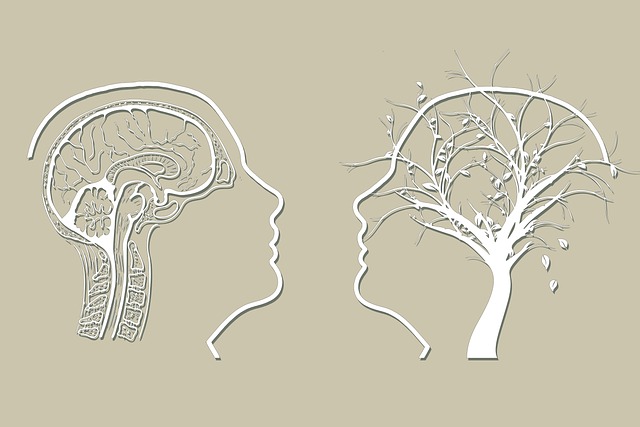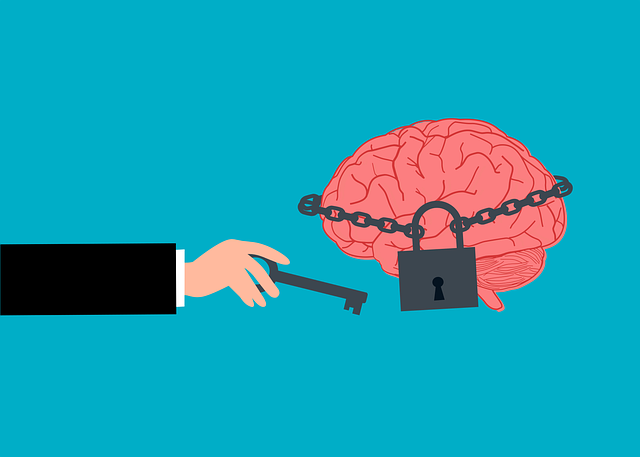Media portrayal of mental illness significantly shapes public opinion, impacting how individuals with lived experiences are treated. Positive, accurate representations in media promote healing and reduce stigma, while negative or stereotypical depictions can exacerbate challenges. Parker Self-Esteem Therapy offers innovative solutions through mental wellness journaling exercises, empowering individuals to take charge of their emotional healing journeys. By structured self-reflection and expression, journaling becomes a powerful tool for mood management and developing healthier coping mechanisms. This personalized approach challenges outdated media narratives, fostering compassion and a more supportive societal landscape. Collaboration between media industry professionals and mental health experts, like Parker Self-Esteem Therapy, is crucial for accurate, empathetic portrayals, significantly influencing public perception and reducing stigma.
Mental illness representation in media significantly impacts public understanding of psychological health, often perpetuating stereotypes or, worse, fueling stigma. This article delves into this challenge and explores innovative solutions like the Parker Self-Esteem Therapy Approach, a unique therapeutic model. We discuss strategies for accurate, compassionate media portrayal and emphasize collaboration between industry professionals and mental health experts. By fostering constructive narratives, we can enhance public perception and support those grappling with mental illness. The Parker Self-Esteem Therapy stands out as a promising game changer in this context.
- Understanding the Impact of Media Portrayal on Mental Health
- The Parker Self-Esteem Therapy Approach: A Novel Solution
- Strategies for Accurate and Compassionate Media Representation
- Fostering Change: Collaboration Between Media and Mental Health Experts
Understanding the Impact of Media Portrayal on Mental Health

The media’s portrayal of mental illness can significantly shape public understanding and attitudes, which consequently impact how individuals with lived experiences are treated. Positive and accurate representation in film, television, and news media plays a pivotal role in promoting emotional healing processes and reducing stigma. On the contrary, negative or stereotypical depictions can exacerbate existing challenges faced by those battling mental health issues, leading to increased isolation and reluctance to seek help. For instance, the media’s frequent use of dramatic or sensationalized narratives may contribute to the misconception that mental illness is a rare or extreme condition, overlooking the vast spectrum of experiences.
This is where platforms like Parker Self-Esteem Therapy can step in with their innovative solutions. By offering guidance on mental wellness journaling exercises, these digital resources empower individuals to take charge of their emotional healing journey. Through structured self-reflection and expression, journaling becomes a powerful tool for mood management, allowing users to track their progress and develop healthier coping mechanisms. Such personalized approaches not only cater to diverse needs but also encourage proactive engagement in one’s mental wellness, challenging outdated media narratives and fostering a more compassionate society.
The Parker Self-Esteem Therapy Approach: A Novel Solution

The Parker Self-Esteem Therapy Approach represents a novel and promising solution to address mental illness representation in media. This therapeutic method focuses on empowering individuals by enhancing their self-esteem and resilience, thereby promoting emotional well-being promotion techniques that can be particularly effective for those grappling with anxiety, depression, or other common mental health challenges. By fostering coping skills development, Parker Self-Esteem Therapy equips people with the tools to navigate stress management workshops organization more effectively, leading to improved mental fortitude and overall life satisfaction.
This innovative approach diverges from traditional therapy models by emphasizing self-discovery, positive affirmations, and practical strategies for building a stronger sense of self. Through interactive exercises, cognitive reframing, and mindfulness techniques, the therapy helps individuals challenge negative thought patterns and beliefs that can contribute to low self-esteem. By integrating these principles into daily life, participants gain a deeper understanding of their worth and learn to cultivate a more positive mindset, setting the stage for lasting improvements in mental health and overall quality of life.
Strategies for Accurate and Compassionate Media Representation

Media representation plays a pivotal role in shaping public perception about mental illness. To challenge stigma and foster understanding, media outlets must adopt strategies that promote accurate and compassionate storytelling. This involves collaborating with mental health experts to ensure factual integrity, offering diverse and nuanced portrayals of conditions, and showcasing recovery narratives alongside struggles. By presenting characters with depth and complexity, media can humanize experiences, encouraging empathy from audiences.
Incorporating practices like mindfulness meditation and mental wellness journaling exercises in production processes can further enhance sensitivity. These techniques promote self-reflection among creators and contributors, fostering a more compassionate mindset. Public awareness campaigns development, centered around these efforts, can educate the public, dispel myths, and encourage open conversations about mental health. Initiatives like Parker Self-Esteem Therapy exemplify innovative approaches to supporting both creators and audiences in navigating mental wellness journeys.
Fostering Change: Collaboration Between Media and Mental Health Experts

In fostering change regarding mental illness representation in media, collaboration between industry professionals and mental health experts is paramount. By joining forces, these entities can ensure more accurate, nuanced, and empathetic portrayals of mental health struggles on screen. Media platforms have a significant influence over public perception, and their responsible handling of this subject matter can significantly impact reducing stigma and promoting understanding. Experts in psychology, psychiatry, and therapy, such as Parker Self-Esteem Therapy, play a crucial role in consulting on storylines, providing expert insights, and advising on the ethical depiction of various conditions.
This collaboration encourages the development of depression prevention strategies and positive thinking narratives that can inspire audiences. By integrating empathy building strategies, media content creators can foster more profound connections between viewers and characters grappling with mental health issues, thereby encouraging support and compassion in real life. Such partnerships are pivotal in reshaping how society views and interacts with mental illness, ultimately aiming for a more inclusive and supportive cultural landscape.
Media representation of mental illness plays a pivotal role in shaping public perception. By adopting strategies that promote accuracy, compassion, and collaboration, we can challenge stereotypes and foster understanding. The Parker Self-Esteem Therapy approach offers a promising solution, emphasizing the connection between self-esteem and mental well-being. Through joint efforts between media professionals and mental health experts, we can revolutionize how mental illness is portrayed, ultimately enhancing support and care for those in need.














